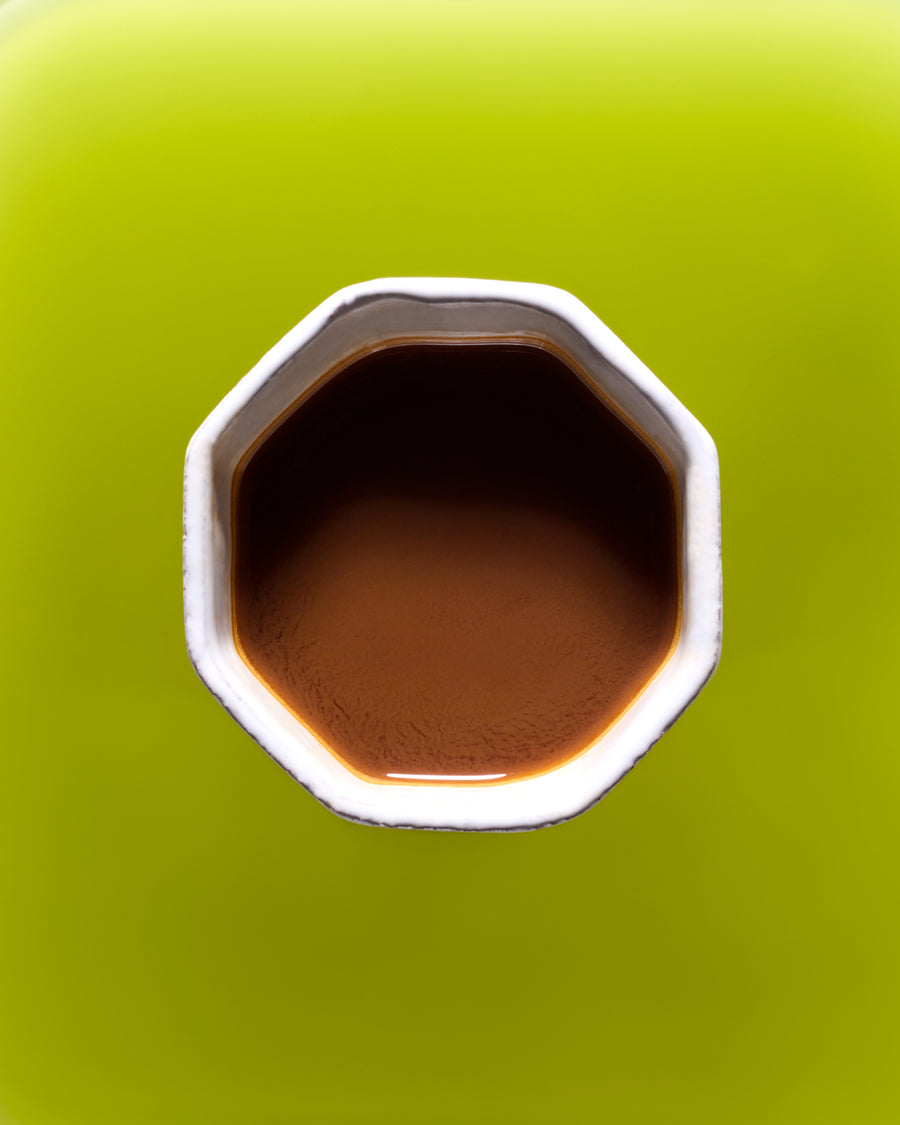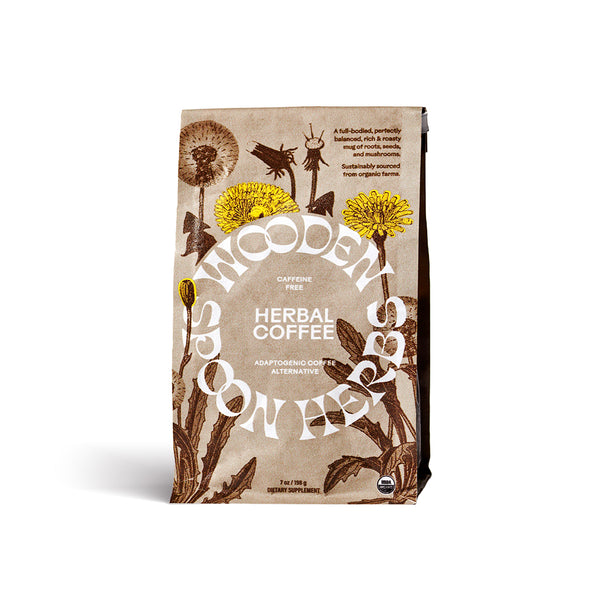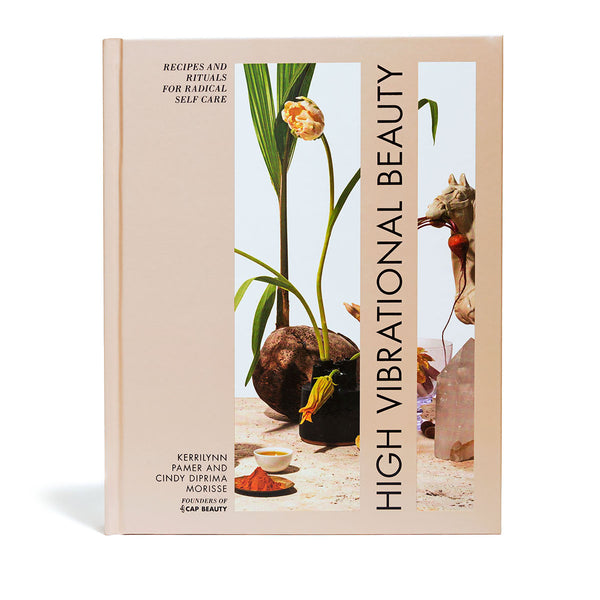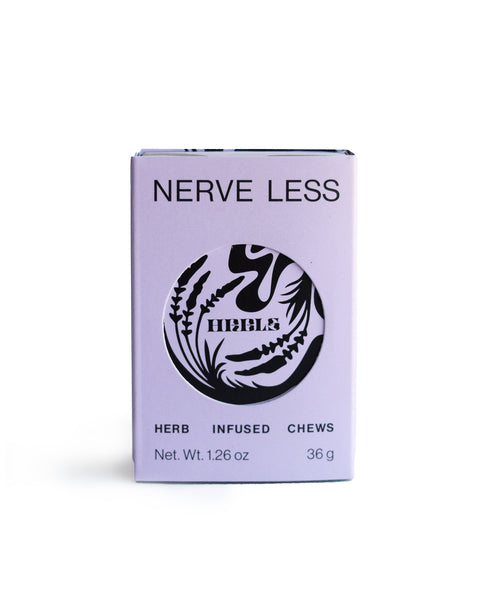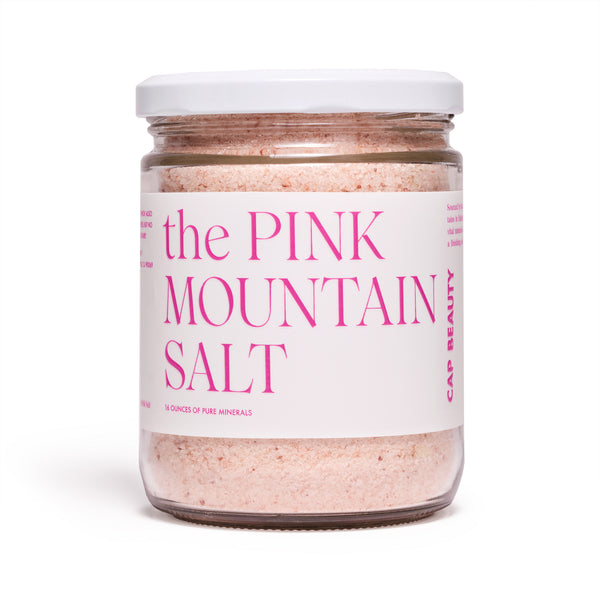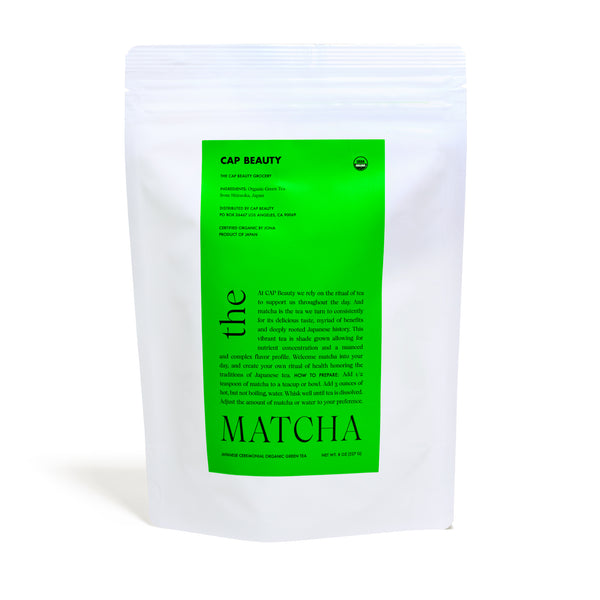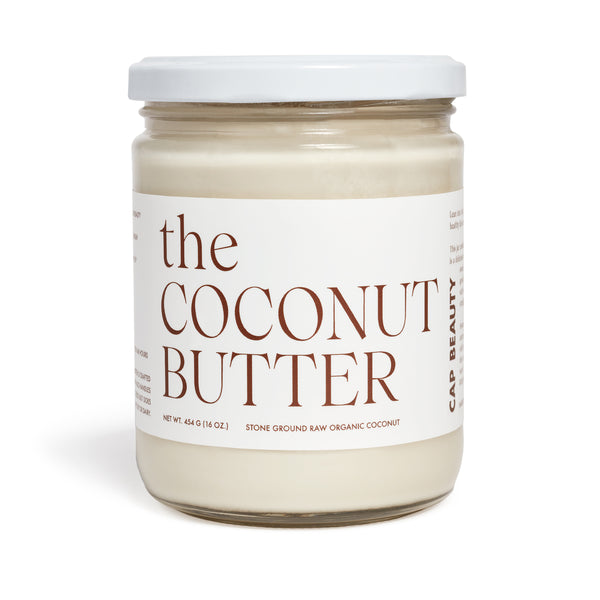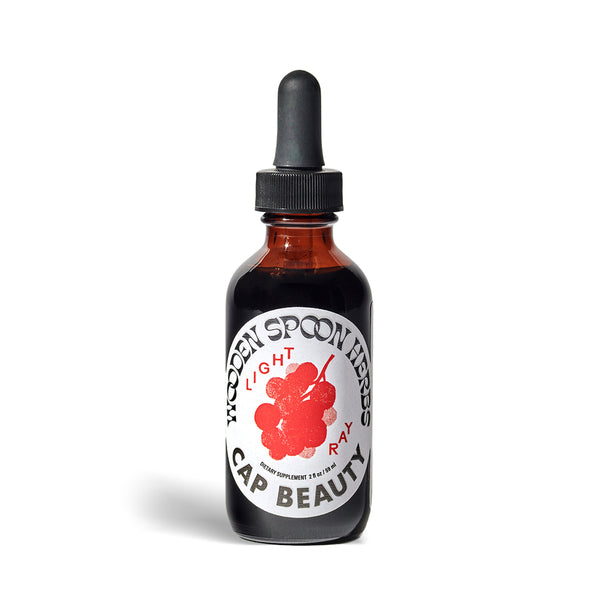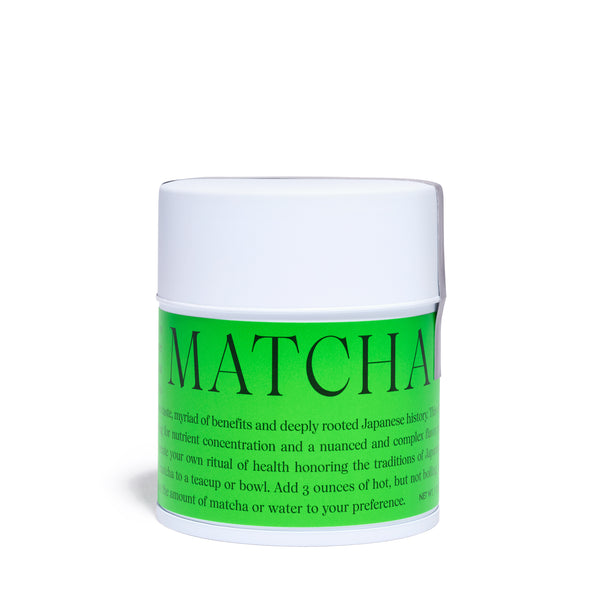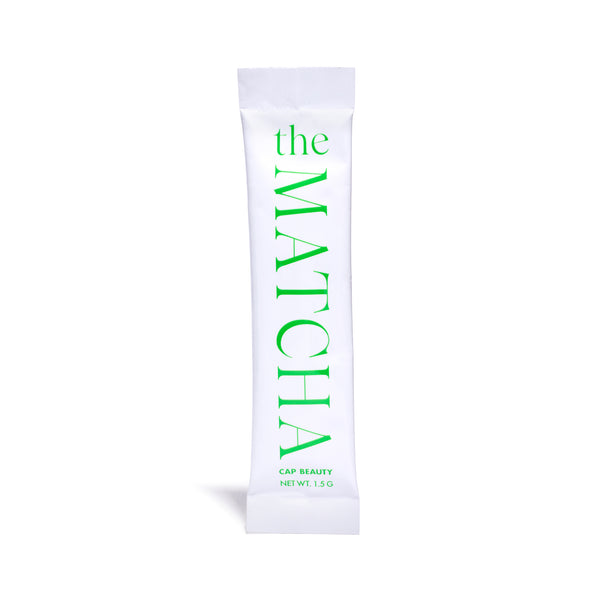Coffee
One of the most popular and recognized beverages in the world, coffee comes from the roasted, ground and extracted beans of the tropical evergreen coffee plant. Said to have originated in Ethiopia, coffee now grows in many countries near the equator, namely: Africa, Latin America, Asia and Brazil. And it remains one of the most popular drinks around the world.
Matcha
Gaining global popularity in recent years, matcha is a bright, almost fluorescent green tea made from grinding shade-grown green tea leaves into a superfine powder. Originally discovered in China, and then later brought to Japan during the time of Zen Buddhism to support monks sustain their long meditations, matcha follows strict growing rules and involves a laborious processing to create this unique and vibrant tea.
Key Differences
Caffeine Content: Caffeine content for both matcha and coffee can very per cup. However, matcha on average has a slightly lower caffeine content than coffee. An 8oz cup of matcha has between 50-70ml of caffeine and an 8oz cup of coffee around 100ml.
Acidity: Those with sensitive stomachs may want to opt for matcha over coffee, as coffee is highly acidic with a ph value between 4 - 5, whereas matcha is actually alkaline with a ph value of around 9. The acidity in coffee is what causes erosion to our enamel and stains our teeth. Interestingly, matcha actually safeguards our teeth and strengthen oral health.
Flavor: The flavor of both matcha and coffee vary depending on: where the beans or leaves are grown and when and how they are harvested and processed. Darker roasts of coffee tend to offer notes of caramel and chocolate while lighter roasts are more fruity and bright. A high quality matcha, on the other hand, is more delicate in flavor, lending bright, nutty, grassy, vegetal and slightly bitter notes.
Effects: One of biggest differences between matcha and coffee is that matcha has the added protective benefit of l-theanine coupled with caffeine. This compound combination slows the spike of caffeine and offers a more relaxed alertness that is sustained for a longer period of time. Since coffee doesn’t have this amino acid buffer, its caffeine spike is much sharper, which can lead to a crash a few hours later. For this reason, too much coffee consumption can result in jitters, heightened anxiety and an inability to focus, whereas the l-theanine in matcha creates a totally different effect — a boost of energy that is calm, focused and one that actually lessens anxiety.
Health Benefits: While both coffee and matcha offer a myriad of health benefits, matcha is one of the highest natural sources of antioxidants on the planet which helps to stabilize blood sugar levels and alleviates stress on our adrenal glands. Both coffee and matcha have been linked to living longer, heart health and cognitive support, but matcha contains the beneficial amino acid l-theanine and the polyphenol EGCG which both have many protective and regenerative effects on the body. For more information about the benefits of matcha, check out our blog here.
Skin: Consistent consumption of matcha has been shown to fight hormonal acne and is protective against pollution, sun damage and environmental stress, offering up clearer and more radiant skin. Coffee, however, can have a dehydrating effect on the skin and has been seen to reduce collagen production.
At CAP, we enjoy both coffee and matcha, but lean on matcha more often because of its amazing health promoting properties for our body, skin and beyond. Find what works best for you — there's room to enjoy both!
